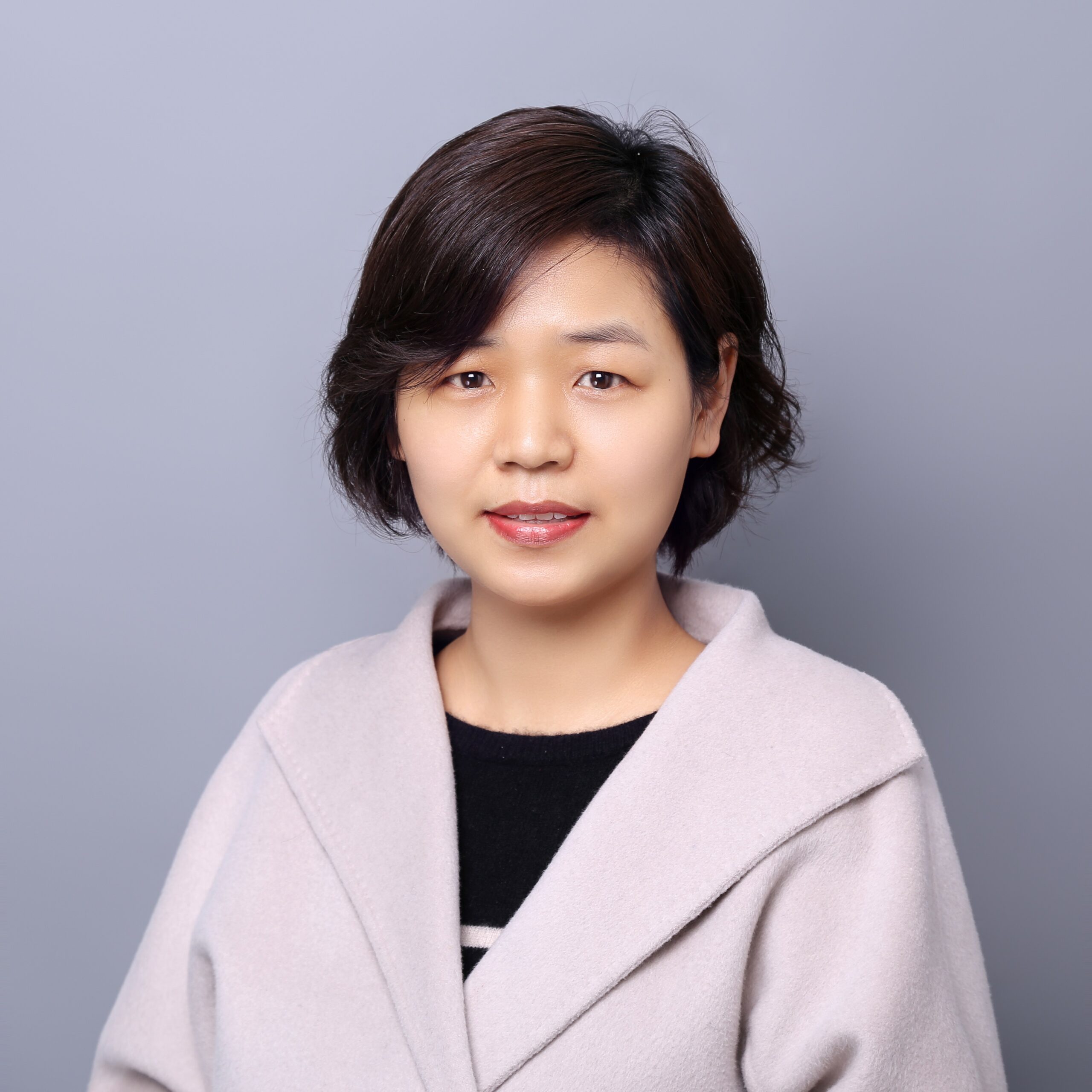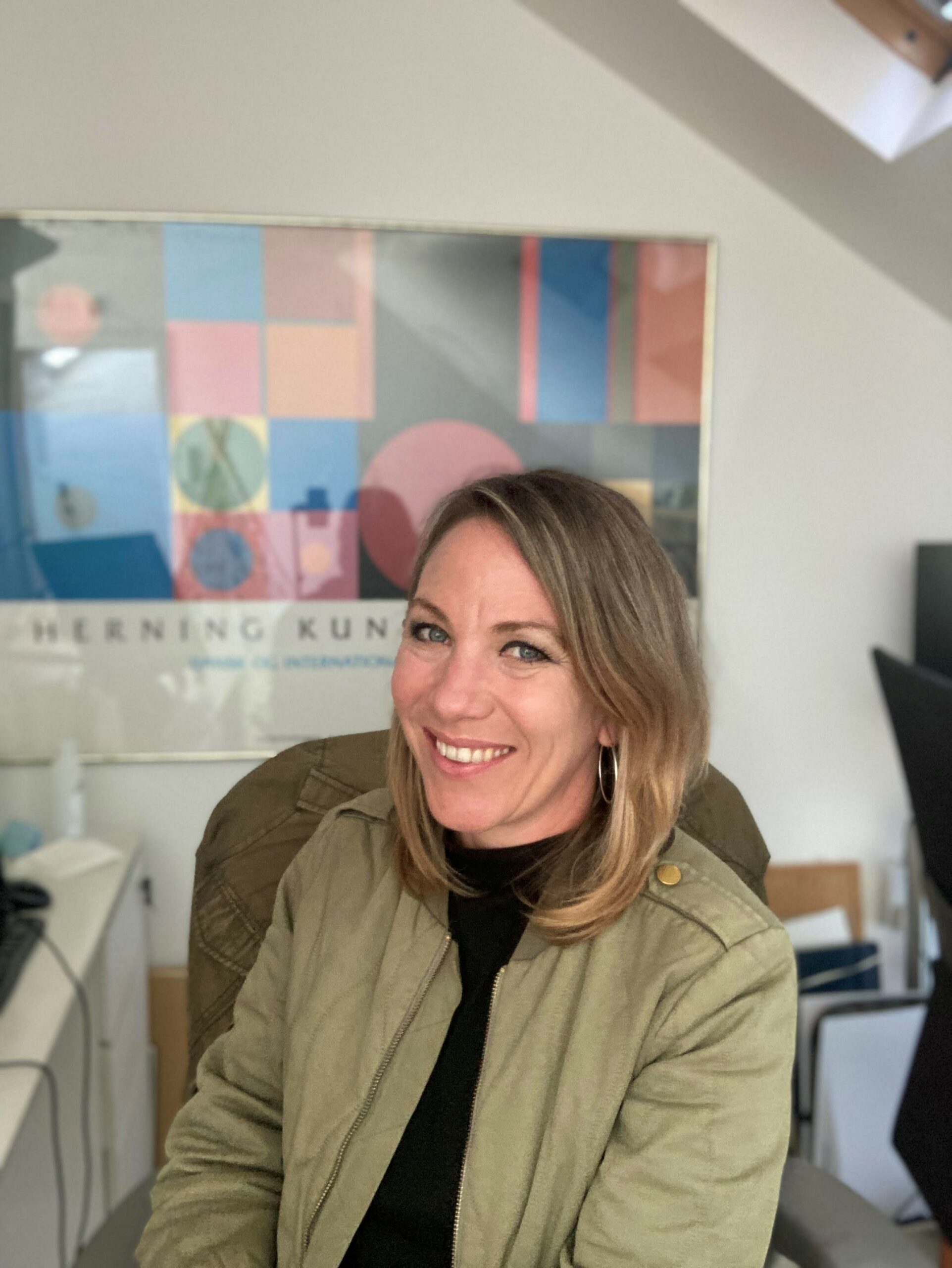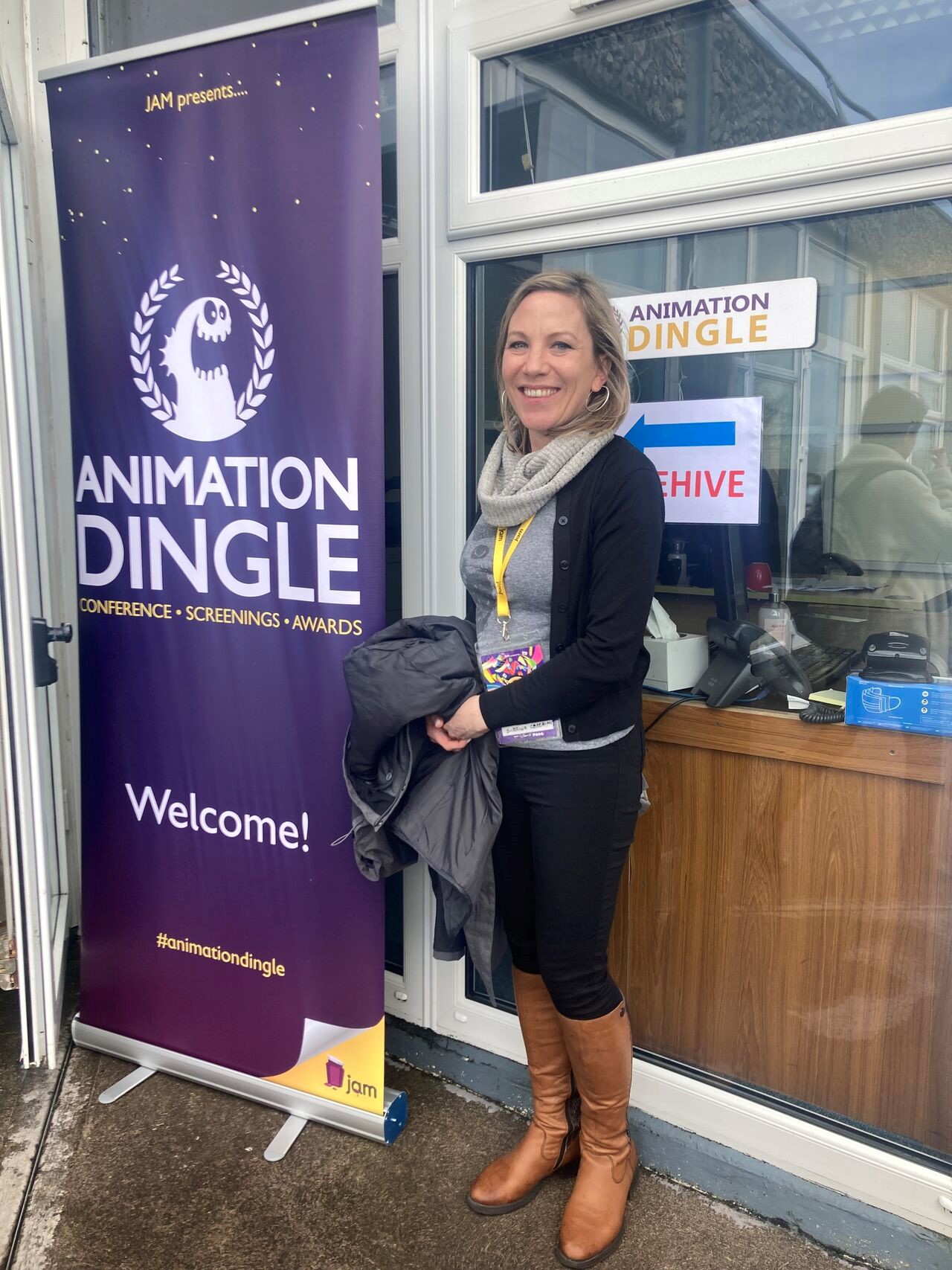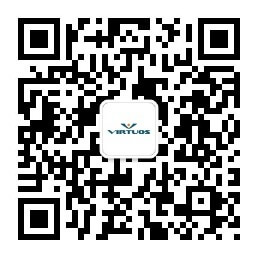This article is part of Virtuos Insider, a series of interviews where Virtuosi share about their careers and experiences in the company and video game industry at large. In this instalment, Fang Yuqin and Sabrina Cecchini talk about the different hats they wear in their daily lives, and the mentors who have inspired their career.
In today’s world, gamers are diverse, and that diversity needs to be reflected within game development teams to support the creation of content that resonates with different audiences. We spoke with Fang Yuqin and Sabrina Cecchini about day-to-day inclusive practices that go beyond diversity measures, and how this has helped them to navigate life and career changes in the industry.
Thanks for joining us today, Yuqin and Sabrina! As a start, could you introduce yourself and tell us about one of your favorite games?
Yuqin: I joined Virtuos in 2015, and I’m currently an Engineering Team Lead at Virtuos Chengdu. Programming is a huge part of my job and I lead my team members in providing technical support for our game development teams. My favorite games are based on Chinese mythology, but I spend most of my free time on racing games now as they are my daughter’s current obsession.

Fang Yuqin, Engineering Team Lead at Virtuos Chengdu
Sabrina: I’m a Senior Animator at Black Shamrock. I joined the company around two years ago, but I’ve been in the games industry for 14 years. Personally, I have two favorite games of all time that I’m hoping to get remastered at some point: The Legend of Zelda: The Wind Waker and The Cave. I also enjoy solving puzzle games in general.
You are both seasoned professionals in your fields. How did you get into the video game industry?
Sabrina: I moved to San Francisco to learn animation at the Academy of Art University. When I graduated in 2008, social games became really popular and there was a lot of work in that space in California. I started working on 2D games, focusing mostly on platforms such as mobile and Facebook. The studio I was working at eventually moved into 3D mobile games, and I somehow found my way into AAA games afterwards. Around 2019, I noticed that a lot of work was moving away from the Bay Area and the cost of living was increasing. Ireland already had a huge animation community then, and Black Shamrock had an opening for an animator, so I made the move with my family.

Sabrina Cecchini, Senior Animator at Black Shamrock
Yuqin: For me, it was purely by chance. I used to work in a tech company and was looking for a change in environment. While searching for my next adventure, Virtuos caught my attention as my skillsets matched the role that they were hiring for. As I already loved playing games, I thought, “why not?” and tried my luck in applying for the role. Everything worked out well, and I can’t believe it’s been nine years since then!
What is your favorite part of the job?
Yuqin: We’re primarily a support function, so we are not directly involved in the game development process. However, I find a lot of joy in helping my colleagues solve complex technical issues. I also enjoy the process of discussing and providing guidance to my teammates to help them understand certain problems. As the technology in our industry is ever-evolving, I’m very interested in learning new programming knowledge continually, and understanding how it applies to my role. All that keeps me motivated every day.
Sabrina: At my previous company, I worked on a Harry Potter game, animating many fun characters and creatures. That required a lot of research into animal movement, so I watched a lot of animal videos on YouTube. That was a lot of fun and translated well into my first project at Black Shamrock, which also involved a lot of creatures. I feel that animating animals and fictional characters gives a lot of room for creative freedom, making those moments the best.
I can imagine you both getting immense work satisfaction from those experiences! On the other hand, have you faced any challenges while working in the video game industry?
Sabrina: I’ve been very lucky. The gender ratio in my teams has been quite proportionate. The stereotypes I ran into were more tagged to my new identity as a working mom. When I returned to work, there were questions and comments about why I was back instead of staying at home to care for my baby, and how challenging it would be to manage my work-life balance. There were a lot of fathers on my team at the time, but I noticed this was never a question they faced.
How did you deal with those comments?
Sabrina: For example, I was constantly asked where my child was in the first two years. Instead of making a joke to deflect it, I’d point out the fact that he was at daycare socializing with other children and learning. Whenever I receive comments such as “It must be tough being a mom and working full-time,” I’d say, “His dad and I share an equal amount of parenting,” in an attempt to normalize working parenthood and shared childcare responsibility. I would answer the questions very honestly, and I never wanted to downplay my identity as a working mom.
Yuqin: Having a responsible and proactive partner makes a huge difference – mine plays an active role in our family. Despite our busy work schedules, he’s always there to handle household chores, or send our daughter to school. Knowing that I can count on him to co-manage things at home puts my mind at ease, especially during periods when I need to work late. Having that reliability in a partnership is a huge game changer.
Sabrina: And in some ways, I think parenthood has made me a stronger animator. I would be more focused and efficient, because I wanted to leave work punctually to spend time with my son. We spoke about studying animals for creature animation just now – I also studied my son when he was little. I would observe the way he moved and draw him a lot. Watching him and using that time to practice my drawing was also a good memory for me.
Apart from family support, what do you think is most helpful for working parents?
Yuqin: Definitely flexible work hours or childcare leave. There will be times when there is no one to send or pick up your children from school, or to take care of them when they are sick. Having that flexibility, like we do at Virtuos, really helps to put us at ease.
Sabrina: And in some ways, when you accommodate parents, it helps them to be even better workers. Flexible work options help to lessen working parent guilt, ensuring that we can fully focus on the roles we play at home and work, respectively. The studio culture in Ireland is very supportive of parents, and I’m grateful for that.
And have you had any mentors or role models who significantly influenced your career?
Sabrina: I’ve had many good mentors! When I was studying traditional animation, I had a teacher who would never let you get away with cutting corners or a bad drawing. She would carry around a pad of tracing paper, point out what was wrong with a drawing, put tracing paper over it, and show you how to improve. I think this is the most effective way to help an artist.
In my current role, my director really encourages us to be creative. She gives us a lot of freedom to explore, before coming in with feedback on how to tighten our work and align it to the actual style of a game. This is especially instrumental for young artists as creative freedom and exploration is beneficial for their professional development.
Yuqin: I’m most grateful to Shi Qiang, my current line manager. As mentioned, I came from a tech company. When I first started out at Virtuos, it was tough, and I was ready to give up at one point. But he has been encouraging and patient whenever there were challenges, turning them into learning opportunities by taking the time to explain every step to the team and me.
Not only that, but he would also frequently encourage us to join in and speak up in discussions, providing a safe space for the team to showcase their work and share ideas. To me, inclusion is when there are equal opportunities for each individual to succeed and showcase their skills, and Shi Qiang created that environment for us.
Recently, I also happened to read Sheryl Sanberg’s book “Lean In: Women, Work, and the Will to lead,” and I was truly inspired by her. She showed me what a professional working woman could be like. While I’m still working towards it, I aspire to be a woman like her, leading others and providing them with opportunities to shine.

Sabrina sharing her experience at Animation Dingle
Sabrina: Given that the workforce in the industry tends to be younger, I think there is much that generations of talent can learn from each other. As everyone has different experiences and familiarity with different tools, there is an opportunity to learn from both the experienced and the young.
I’ve had an experience where we were working on a boss battle between a character from the 80s, and another from a movie in 2010. The boss battle was funny if you’ve watched both movies, or knew both characters, but a lot of younger people hadn’t seen the movie. We watched the old movie together so that we were aligned on the references, and it was interesting to see what the younger people thought of the movie. The exchange of ideas and interaction we had made everything more fun.
Speaking about opportunities and mentorship, what advice do you have for any young woman aspiring to enter the games industry?
Yuqin: I think having an interest in games is the most important, as that interest will motivate and propel you forward even when times are hard.
When it comes to more practical advice, I’d say that it’s important to do a thorough background check on the company that you’re applying for. How is the company’s reputation? Do they have a clear plan for your career trajectory? These are questions that you should ask yourself when you’re on a job search.
Sabrina: Collaborate on projects with other people and be open to constructive criticism. Many of your classmates will go on and work for studios, and they are going to be asked for referrals. They’ll remember you if you’re both talented and great to work with. Most of the time, it’s a team effort in animation.
I would also say, think about where you want to work when you’re working on your portfolio.
If there are studios that you admire, go to LinkedIn and look at the portfolio of artists who already work there. Oftentimes, the portfolio they have on their page is the one that got them hired, so it will give you a good idea of what the company is looking for.
Those tips are great, we hope that they’ll help anyone who’s looking for a role in the video game industry. Thank you for your time, Yuqin and Sabrina!
Discussions about inclusion often centers on accepting sociocultural backgrounds. However, through Yuqin and Sabrina’s journey, it shows us the importance of recognizing the interconnectedness of women’s diverse roles. By building a strong support network, the different hats they wear can complement each other, enabling them to achieve the best results in their own domain.

